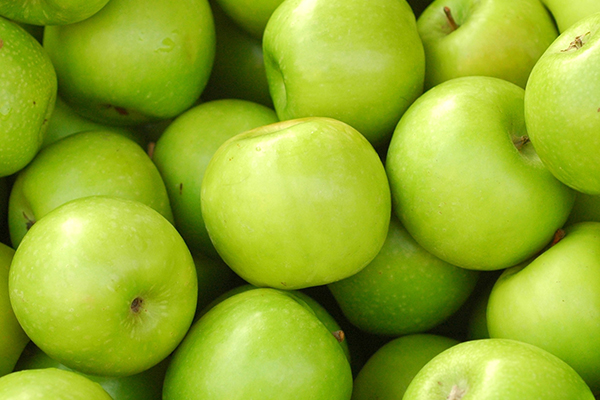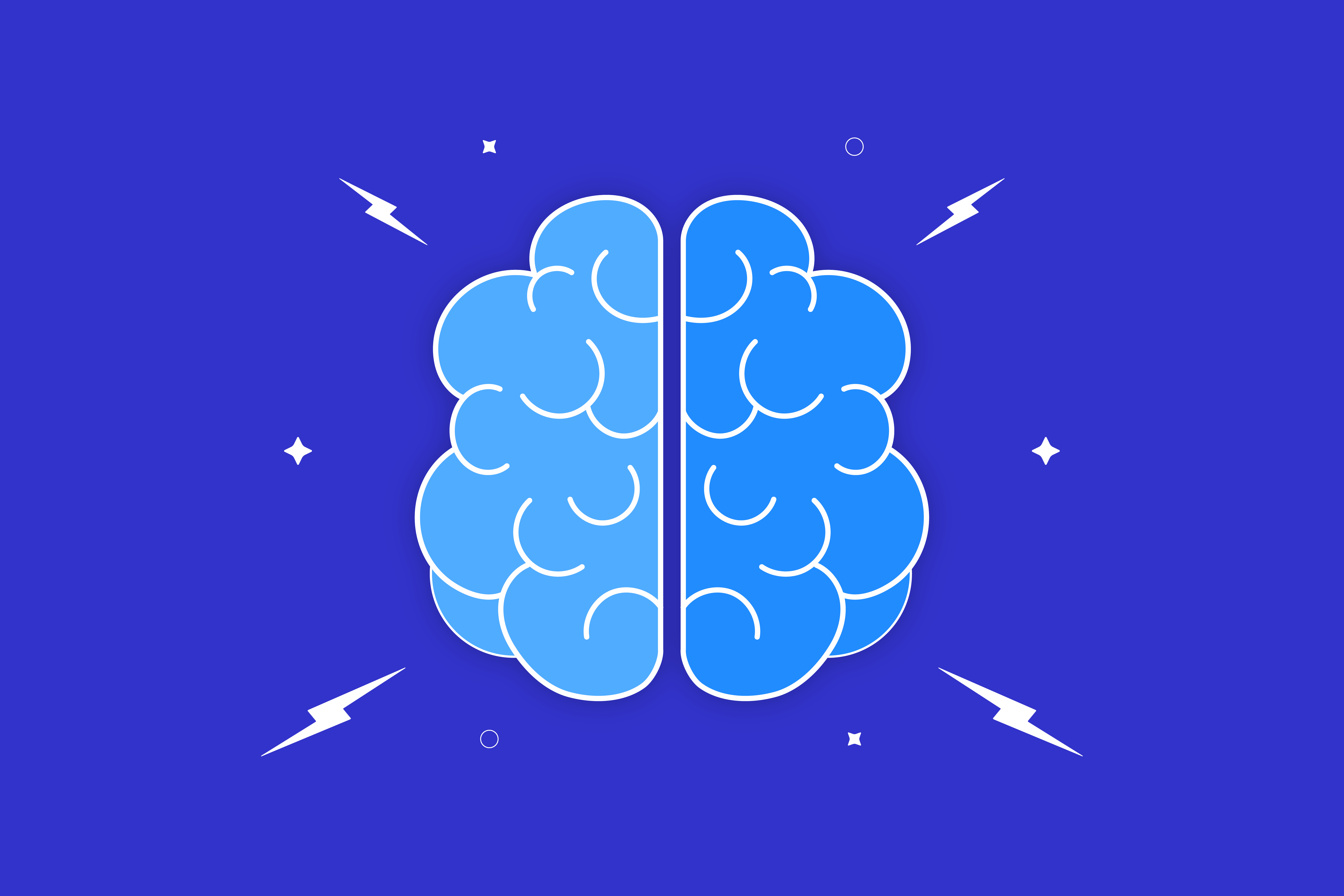Key Takeaways
- Embrace Nature and Relaxation: Spending time in nature can help alleviate stress, a common trigger for tension headaches. Even a brief visit to a local park or garden can promote feelings of calm and tranquility. Minimizing exposure to electronic devices during this time is important for maximizing relaxation and reducing stress. Engaging in activities like forest bathing or outdoor walks can relieve stress.
- Mindful Posture and Ergonomics: Maintaining proper posture, especially while sitting for extended periods, can prevent muscle tension in the neck and shoulders, which may trigger tension headaches. Reminders or visual cues, such as sticky notes on your laptop, can help promote mindful posture and reduce the likelihood of headaches caused by poor sitting habits.
- Explore Aromatherapy and Sensory Relief: Aromatherapy using scents like lavender and eucalyptus has been traditionally used to alleviate headaches. Additionally, using ice packs or frozen items can help alleviate pain by reducing blood flow to the brain and providing a distraction from the headache. Snacking on a green apple and enjoying the crunching sensation can also release tension and promote relaxation.
If there’s one thing that can kill your mood and zap your ability to get anything done, it’s a headache — particularly, a tension headache.
They’re shockingly common, affecting up to 80% of Americans at least once in a while. Unlike migraines, tension headaches aren’t usually severe, and they won’t leave you nauseous or cause a visual aura. But they’re still no fun.
Like the name suggests, they tend to come on when the muscles in your neck and scalp are literally all tensed up. Sometimes, all that scrunching is caused by an injury. But most often, it’s the result of—you guessed it—stress.
The good news is that you don’t need to rely on conventional pain meds for relief. When it comes to taming your tension headache, these 6 simple, natural solutions can help.
Take a Nature Break
Since stress is a top cause of tension headaches, finding ways to decompress can be a great pain management tool. And one of the most effective ways to chill out is to spend some time in nature.

Sure, you could always take a mental health day and spend some time forest bathing. But if that’s not realistic, just go hang out in the park or garden. Countless studies have confirmed nature’s ability to promote feelings of calm, tranquility, and balance. Just make sure you leave your phone behind. When your goal is to relax, the constant pings aren’t exactly helpful.
Sit Up Straight
Sitting at your computer for hours on end won’t just stress you out. Chances are, it’ll also mess with your posture—which has more to do with head pain than you think.
By causing the muscles in your neck to tense up, slumping or hunching can actually trigger a headache.
So make the effort to sit up tall and straight. Pull in your abdomen, keep your thighs parallel to the ground, and look forward and out instead of down, recommend Mayo Clinic experts. Verified Source Mayo Clinic Ranked #1 hospital by U.S. News & World Report and one of the most trusted medical institutions in the world. The staff is committed to integrated patient care, education, and research. View source If you think you’ll forget, put a reminder sticky on the corner of your laptop. It’s low-tech—but it works.
Sniff a Soothing Essential Oil
There’s not much science behind using aromatherapy for headaches. But traditional practitioners have relied on the power of scent to ease head pain for thousands of years, so it’s certainly worth a shot.
Traditional practitioners have relied on the power of scent to ease head pain for thousands of years.
Which aromas work best? Lavender is thought to have a calming effect, and some aromatherapists also use it to treat pain. Or, try eucalyptus: The scent has been shown Verified Source National Library of Medicine (NIH) World’s largest medical library, making biomedical data and information more accessible. View source to ease knee pain, swelling, and inflammation, and some findings suggest Verified Source Medline Plus Online resource offered by the National Library of Medicine and part of the National Institutes of Health. View source that it could also be helpful for headaches. (Always check with your doctor first, though. Some essential oils—including eucalyptus—aren’t recommended if you’re pregnant or breastfeeding.)
Try an Ice Pick
Just like a sore shoulder or ankle, a simple ice pack (or a bag of frozen veggies—it works just as well) could help ease the awful, pulsating pain in your head.
The reasons why, though, aren’t entirely clear. Some experts believe that the cold shrinks your blood vessels and reduces blood flow to the brain, dulling discomfort. But it could also simply be that the icy sensation gives you something to focus on besides your head pain.
Snack on a Green Apple

But before you take a bite, take a deep whiff. One study from Chicago’s Smell & Taste Treatment and Research Foundation found that headache sufferers who sniffed the smell of green apple had a greater improvement in their pain compared to those who didn’t smell anything.
What’s more, the carbohydrates in the apple can actually help you feel less stressed. That’s because your brain uses carbs to produce the feel-good, relaxation-promoting hormone serotonin. (As an added bonus? All that chomping and crunching has been shown to ease anxiety, too.)
Take a Nap
It’s not uncommon to get slammed with throbbing head pain when you’re zonked. In fact, 59% of tension headache sufferers say that too little sleep tends to trigger their headaches, found one study published in the Journal of Clinical Sleep Medicine.
So close your eyes, close the shades, and let yourself take a quick trip to dreamland. Just remember to keep your nap to 20 minutes or so: That’s enough time to help you feel refreshed, but not so much that you wake up groggy—and in worse pain than before.
“Sleep and pain have a two-way relationship,” says Dr Nayantara Santhi. “Poor sleep can intensify the pain and conversely, pain can worsen sleep. It is well established that poor sleep affects our ability to function effectively during the day.”
“A nap maybe a quick way to ease the discomfort of a headache. A daytime nap has been shown to be restorative, both, mentally and physically.”
About the author
Marygrace Taylor is an award-winning health writer for Amerisleep. Her commitment to sleep health is evident in her ability to consistently prioritize eight hours of sleep each night. Her in-depth interviews with industry experts, such as Ken Ceder on "Why Light is Essential for Great Sleep and Optimum Health," highlight her dedication to delivering valuable insights. Marygrace's work has been featured in reputable publications like Business Insider, Glamour, Refinery29, Metro UK, and Hunker, further solidifying her expertise in the field.
View all posts




